Managing for Results
6. Data Policies
Does the state have policies that support using data to improve results?
Colorado
Leading Example
A 2021 Colorado law modified many of the statewide data practices by specifying requirements regarding the creation of a data-sharing and privacy master plan and sharing personal identifying information between state agencies. Moreover, it codified the “share first” expectation (24-37.5-704 C.R.S) for data sharing statewide, specifically that, except where prohibited by state or federal law, agencies are preemptively authorized to share data with other state agencies, legislative and judicial branches, political subdivisions, and non-governmental organizations. Additionally, to enhance data privacy measures, in May 2020, the Governor published guidance on data privacy with respect to state agencies sharing personal identifying information with the federal government or other third parties, some of which was codified into law in the 2021 legislative session.
Promising Examples

Arizona
Arizona
As part of the Arizona Strategic Enterprise Technology Office, the State Data Management Architect promulgates data governance policies that address technology; security; privacy; and communication strategies, policies, and procedures. Arizona operates under a statewide data-sharing memorandum of understanding (MOU). Implemented in 2019 and signed by 29 agencies, the MOU facilitates data sharing between agencies to support state-administered programs. These 29 agencies comprise the State Data Interoperability Council, which meets quarterly to focus on “reducing risk, maximizing efficiency, increasing the value of data exchanges and ensuring that systems are developed and maintained in accordance with Statewide and Budget Unit (BU) strategic plans.”

California
California
California’s statewide Open Data Policy encourages departments to share data in standard and accessible formats through the California Open Data Portal. As outlined in the California Open Data Handbook, the state’s open data efforts are designed to improve collaboration, expand transparency, encourage innovation, and increase effectiveness. In addition, the state hosts CalData, a professional network for government officials and partners to promote the best uses of open data.
In spring 2021, all entities under the authority of the Governor of California signed a single Interagency Data Exchange Agreement (IDEA), an umbrella memorandum of understanding (MOU) that is intended to facilitate data exchange between state entities in California. It is both a process tool and a set of resources designed to help state entities exchange data more efficiently, while ensuring that the exchange is legal and secure. Under IDEA, signatory entities draft a Business Use Case Proposal (BUCP) that details the specifics of their data exchange. IDEA is supported by detailed handbooks, community of practice, and resource library.

Connecticut
Connecticut
A 2018 Connecticut law required each state agency to designate an agency data officer to manage high-value data sets and coordinate data-related activities with the state Chief Data Officer. The Chief Data Officer, along with individual agency data officers, is required to biannually update the state data plan, which covers open data and creates data standards for agencies. The plan also contains 11 principles and accompanying practices that all agencies should adopt to improve their management, use, sharing, and analysis of data. In addition, a 2019 law required a report on the legal issues surrounding interagency data sharing. Based on analysis of 17 state agencies and 224 data-sharing agreements, the report recommends: 1) establishing a coordinated governance structure for cross-agency data sharing, and 2) implementing cross-agency data-sharing agreements that are more flexible and durable. Building on this report, Connecticut released a Data-Sharing Playbook in 2020 to help agencies share data safely, securely, and ethically. Connecticut also expanded the coverage of the state longitudinal data system, P20 WIN, in 2021.

Kentucky
Kentucky
The Kentucky Center for Statistics (KYSTATS) collects and links high-quality, actionable data from six state agencies to improve education and workforce programs in the state. KYSTATS has a data request hub, which includes a data access and use policy, data-sharing agreement, and a data dictionary to facilitate the exchange of data with requestors. In 2019, Kentucky released a Master Data Agreement for use by all executive agencies, which are also subject to the state’s Enterprise Privacy Policy. KYSTATS also has a Security Policy that contains procedures for securing the confidentiality of the data maintained by KYSTATS.
Issue Areas: Economic Mobility, Education, Workforce

Massachusetts
Massachusetts
The Massachusetts Department of Elementary and Secondary Education Researcher’s Guide to Massachusetts State Education Data contains data-sharing information about “what data is available, how to obtain and interpret it, and, ultimately, [how] to generate better research projects and more accurate and useful results” for improving student outcomes in the state. The guide has links to data sets such as aggregate data at the school and district levels, as well as information on confidential student-level data, non-confidential student-level data, and educator data. The department’s data-sharing memorandum of understanding template and corresponding approval process reiterates the confidentiality of student-level data.
Issue Areas: Economic Mobility, Education

Minnesota
Minnesota
In the interest of transparency and improving outcomes for publicly funded programs, a Minnesota statute, the Minnesota Government Data Practices Act, establishes the state’s policy for sharing data with nonprofit organizations, academic institutions, and local government agencies. This publicly available policy indicates that all government data collected, created, received, maintained, or disseminated by a government entity shall be shared unless such sharing is otherwise precluded by federal law or a more specific state statute.

New Jersey
New Jersey
New Jersey partners with Rutgers, the state university of New Jersey, to operate the New Jersey Education to Earnings Data System (NJEEDS), which uses a data-sharing agreement to link data from the Departments of Education and Labor, the Office of the Secretary of Higher Education, and the Higher Education Student Assistance Authority. For data sharing with the public, New Jersey’s Chief Data Officer leads statewide data transparency initiatives and open data projects, such as the Open Data Center, Governor’s Transparency Center, Superstorm Sandy Transparency, and the CARES Act Transparency websites.
Issue Areas: Education, Workforce

Ohio
Ohio
In April 2019, Ohio’s Governor signed an executive order consolidating state data systems into the InnovateOhio Platform, which uses data as “a shared strategic asset” whose “value is multiplied when data sets are linked across programs and organizations” through data integration and management tools. The executive order created a presumption of data sharing between state agencies, except where a specific legal prohibition is identified in writing.
Issue Areas: Child Welfare, COVID-19, Criminal Justice, Economic Mobility, Education, Health, Workforce

Oregon
Oregon
Published in February 2021, Oregon’s statewide 2021-2023 data strategy and data strategy website identify high-level principles and practices for how the state will effectively and ethically use data, including collection, use, design, community engagement, and transparency. The state continues working toward the actions identified in the data strategy’s biennial action plan pursuant to a 2018 law.

Pennsylvania
Pennsylvania
The Pennsylvania Governor’s executive order on open data, data management, and data governance, first issued in 2017 and amended in 2019, states that data shall be shared internally and externally, whenever possible unless restricted by federal, state, or other statutes or regulations, or policies, standards or best practices that prohibit the sharing of specific data, in order to foster innovation, cooperation, and transparency. To further support internal data sharing across the state, in 2017, the state created an enterprise data-sharing memorandum of understanding (eMOU), providing a more efficient process to obtain and provide data by, between, and among Commonwealth agencies. When it comes to sharing geospatial data in particular, the Pennsylvania State Geospatial Board has a publicly available data-sharing agreement to facilitate the sharing of data between government entities and non-state data owners, including academia, business, and nonprofits. The impact of data sharing is reflected in the State Geospatial Board’s annual reports on state and local data sharing, COVID-19 response and recovery efforts, and land use and transportation planning.
Issue Areas: COVID-19

Texas
Texas
The Texas Education Agency administers the Texas Student Data System, a statewide platform for collecting, managing, sharing, and reporting state education data. The system has a data standards and data governance process. Additionally, the Workforce Information System of Texas (TWIST) links data across workforce funding streams for intake, eligibility determination, and reporting on programs such as the Supplemental Nutrition Assistance Program (SNAP), Employment and Training, and the Workforce Innovation and Opportunity Act plan.
Issue Areas: Education, Workforce

Utah
Utah
In March 2021, the Utah Office of Health Disparities (UDOH) within the health department published an initial set of uniform data standards for the collection of race and ethnicity information collected by, sponsored by, or reported to the department. Led by the Governor’s Senior Advisor for Equity and Opportunity, these standards adhere to federal guidance on data collection standards and include a brief toolkit to help policymakers and officials implement the standards. These standards have enhanced UDOH’s Vaccination by Race/Ethnicity Weekly Report and other efforts to support a more equitable recovery, such as the COVID-19 Multicultural Advisory Committee.
Issue Areas: COVID-19, Equity, Health

Virginia
Virginia
In 2020, a Virginia executive order established data governance bodies to improve data sharing between state agencies and localities. The executive order implements the recommendations from the 2019 publication Data Sharing and Analytics Governance Structure for the Commonwealth of Virginia Report. The Virginia open data portal also features resources on data use, a data dictionary, and an open data catalog.
